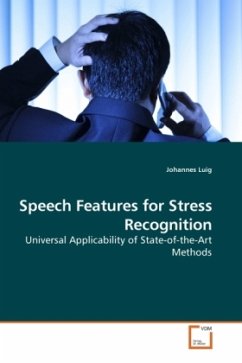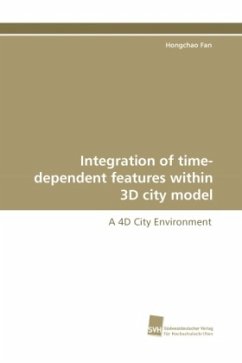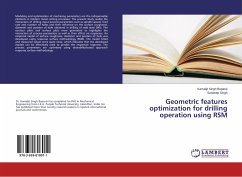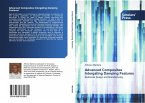In many cases, the way we say something tells more about our feelings and attitudes than what we actually say. This is especially true in emotional situations and under the impact of mental stress. Since emotions and stress affect speech behavior, it must be possible to draw conclusions on a speaker's emotional state from characteristic properties of the recorded voice. Speech monitoring is a promising workload assessment technique wherever an individual is responsible for other people's safety, indicating degraded performance due to work overload. Other fields of application include detection improvements for automated speech recognition and emotional speech synthesis. This book deals with the selection and evaluation of appropriate low-level features and derived feature characteristics for automated recognition and classification of speech under varying emotions and mental stress levels. State-of-the-art speech features are evaluated regarding universal applicability to different types of stress. Basic feature extraction code (in Matlab and Praat) is provided as a starting point for own research.
Bitte wählen Sie Ihr Anliegen aus.
Rechnungen
Retourenschein anfordern
Bestellstatus
Storno








